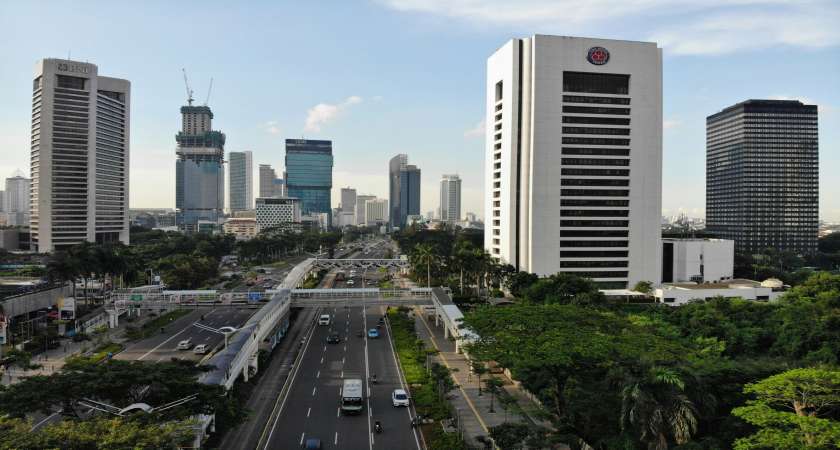COVID-19 Pandemic: Updates on the Granting of Indonesian Visa and Residency Permits amidst the New Normal

On 1 October 2020, the Ministry of Law and Human Rights (“MoLHR”) of the Republic of Indonesia has issued a new regulation in the issuance of visa and residency permit amidst the new normal. This regulation is in line with government’s efforts to support Indonesia’s national economic recovery as soon as possible.
For your reference, this new regulation has revoked the previous regulation, MoLHR Regulation No. 11 of 2020 on Temporary Prohibition of Foreign Citizens to Enter the Territory of Republic Indonesia (“MoLHR 11/2020”). (Note: Please refer to our previous article regarding the MoLHR 11/2020 here).
Legal Frameworks: Our below executive summary refers to the following prevailing regulations:
- MoLHR Regulation No. 26 of 2020 on the Visa and Residency Permits During the Adaptation of New Normal Period (“MoLHR Regulation 26/2020”).
- MoLHR Decree No. M.HH-01.GR.03.01 TAHUN 2020 dated October 15, 2020 on Certain Immigration Checkpoints as Entry Points in the New Normal Adaptation Period (“MoLHR Decree”)
Main Keys on the Issuance of Indonesia’s Visa and Residency Permits amidst New Normal: We have managed to provide you the following main keys regarding the issuance of Indonesia’s visa and residency permits amidst the New Normal.
Entering Indonesia amidst New Normal: We note that the Indonesia's Immigration Affair allows foreign citizen who fulfill the following requirements to entering Indonesia:
|
Criteria |
Remark |
|
Holder of certain types of Indonesia’s visa or residency permit |
|
|
Certain Exemption |
|
Indonesia’s Immigration Checkpoint amidst the New Normal: In the adaptation of the new normal period, the foreigner is permitted to enter through certain immigration checkpoints, which are the following:
- seaports;
- airports;
- international border post, and
- traditional border posts (Appendix of the MoLHR Decree).
Note: Please see here for the complete list of Indonesia’s Immigration Checkpoint.
Granting of Visit Visa Exemption/Bebas Visa Kunjungan Sementara (“BVSK”) and Visa on Arrival/Visa Kunjungan Saat Kedatangan (“VKSK”): We note that the immigration imposed a temporary halt on the granting of BVSK and VKSK until the COVID-19 pandemic is declared over by the authorized institution (Art. 3 (1) of MoLHR Regulation 26/2020).
Application Procedures of Indonesia’s Visa and Residency Permit: The application of Indonesia’s visa and residency permit should be done by the Guarantor of relevant foreign applicant to the Director-General of Immigration. In addition, the applicant must submit the following documents:
- a valid COVID-19 free health certificate from the authorized institution;
- a statement letter on the willingness to do self-funded quarantine in case the PCR test conducted in Indonesia turns to be positive;
- a statement letter to be medically supervised during the quarantine period; and
- evidence of health insurance or travel insurance possession which covers COVID-19 treatments and/or statement letter signifying the willingness to self-fund any treatment if contracted with Covid-19 while in Indonesia (Art. 6 (3) of MoLHR Regulation 26/2020).
We further note that the relevant Travel Visa applicant must provide evidence of the possession of a minimum USD10,000 (ten thousand US Dollars) in cash that is issued by a financial institution or bank in Indonesia (“Bank Statement”) (Art. 6 (4) of MoLHR Regulation 26/2020). However, please note that humanitarian aid and transportation crew member are exempted from the Bank Statement requirement (Art. 6 (6) of MoLHR Regulation 26/2020).
The article above was prepared by Marshall S. Situmorang (Partner) and Aniendita Rahmawati (Associate).









